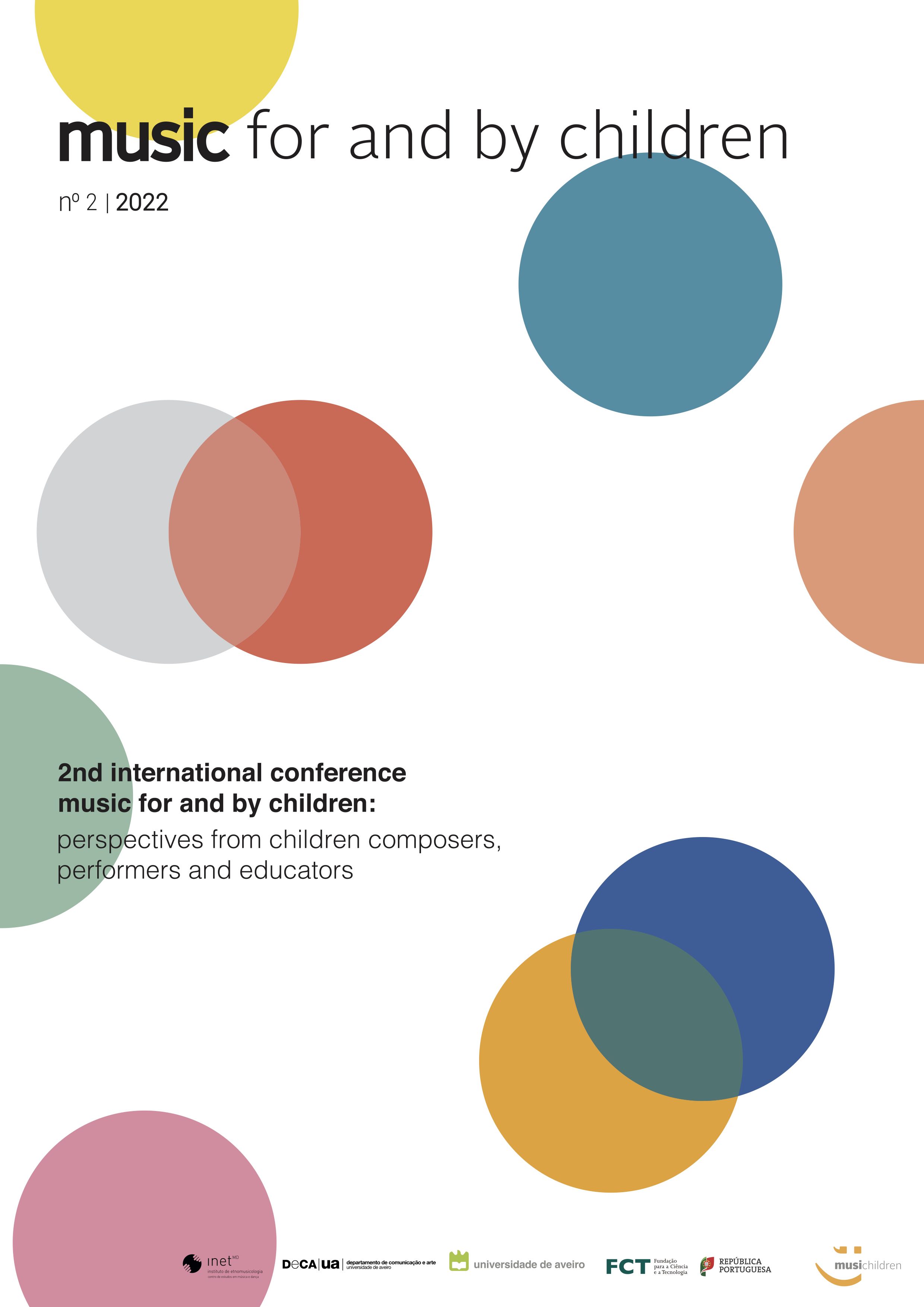Still like air, I rise: creating meaningful spaces in music made by children
Abstract
In recent years, there have been restructurings and changes in the Cypriot music curricula underpinning child centred pedagogies and introducing, at the same time, attainment indicators. While composing, audience-listening and performing activities are at the heart of the curricula, there is lack of consistent engagement with composing activities, the latter generally becoming scarce throughout the pandemic period.
The research, an on-going project that started in 2019, aims at examining the musical behaviour of a group of 16 to 18-year-old upper secondary school students as exemplified in their solo and/or collaborative compositions. More particularly, this paper investigates issues related with knowledge construction, musical meaning and musical identity through the identification, examination and analysis of students’ notions with regards to their compositional process and music products under extra-ordinary circumstances, namely, those resulting from the emergence and development of Covid-19.
The theoretical framework that supports the research is fourfold and can be outlined as follows: Psychological and social theories of meaning; motivational theories; theories of classification and framing, and; theories of ‘flow’.
Methodology
The investigation employs a multi-method design involving participant observation, questionnaires and semi-structured interviews. The methodology lies primarily in the qualitative paradigm and data collected and analysed consist of audio and visual recordings, the research participants’ musical products, questionnaires, semi-structured interviews, personal reports, composition diaries/journals and reflection notes.
The main findings of the research provide evidence of a) music, being a metaphor of human experience, acting as agent of emotional empowerment, safety and stability; b) a formulation of juxtaposed notions of musical meaning influenced by present and past experiences of the research participants; c) music being the vehicle of creating communication spaces at different levels; d) a development of complex schemata that may be the outcome of repetition of connections and emotional load; e) reinforcement on music engagement related to self-reinforcement, and, f) increased motivation and concentration .
It appears that grasping the appropriate distinctions in music composing activities under different and ‘delicate’ circumstances assists us in reconsidering and reformulating the role of music composition in music curricula. Subsequently, there is a need for further student monitoring. Further, the findings point to curricula designs where there are time and space supporting music activities that are meaningful for students and that create challenging zones that are characterised by stimulating self and group reflections. Finally, some suggestions for further research insinuations will be highlighted.
Copyright (c) 2023 Music for and by children

This work is licensed under a Creative Commons Attribution 4.0 International License.





